Sweden's Pilot City Activity Stockholm Pilot City for Climate & Health: Building Capacity to Scale (Scale Stockholm)

Background
Stockholm is committed to become climate-positive by 2030 and fossil-fuel-free by 2040, exceeding the National target climate-neutral by 2045.
The City of Stockholm has identified several main barriers and challenges to be resolved to achieve climate neutrality:
- Breaking silos within the city administrations
- Transition work depends on individual leaders enthusiasm
- Lack of mechanisms and standardised pathways to scale up solutions
- Most of the transition needs to be done by actors outside the city administration
- Lack of capabilities to cooperate with civil organisations and citizens
- Viable economic models to make changes financially sustainable in the long term
In order to overcome barriers and build local capacity to accelerate the city’s climate transition, Scale Stockholm will develop Local Transition Arenas for climate and health in five districts representing different socioeconomic conditions. The involvement of citizens, civil society organisations and local businesses in the processes and the results from the transition arenas will serve as a starting point for replication and scaling up in the entire city.
Scale Stockholm will address innovative capacity-building models and methods to jointly finance, operate and scale up innovations. The climate and health approach will address a circular urban economy at the neighbourhood scale. The Transition Arenas will serve to pilot and scale up successful citizen and stakeholder engagement methods for behavioural change.
Description of Activities
The Scale Stockholm pilot activities have a strong focus on stakeholder involvement and interventions that will support the acceleration of the climate transition through measures focusing on health, urban accessibility, sustainable mobility, behavioural change, and governance.
The pilot activities will be based on measures in the Stockholm Climate Action Plan 2024-2030 and the creation of local Transition Arenas for Climate and Health in five different geographical areas in the city to involve residents, civil society organisations and local businesses in the climate transition process.
The stakeholders participating in the five local Transition Arenas will likely – but not only – discuss, suggest and test climate measures in the areas of:
- Biking measures for inhabitants and businesses
- Energy measures for housing, businesses and schools
- Measures to reduce greenhouse gas emissions from consumption
- Temporary measures for sustainable mobility, increased greenery and social sustainability, for example car-free Summer/Winter streets/areas in the city
- Data collection to facilitate planning for sustainable mobility, increased greenery and social sustainability
- Circular measures to reduce plastic and waste for local residents and businesses
- Measures to enable local residents contributions to increased greenery and local cultivation
Objective
Scale Stockholm will accelerate the climate transition testing innovations in climate and health in five different districts, which will serve as transition arenas for local capacity building and up-scaling resulting in the Stockholm model.
Are the pilot activities building upon or part of a previous and/or existing activity?
Stockholm has a longstanding history of testing and implementing innovative projects and initiatives to address climate change and sustainability. Upscaling and further development will built on solutions and findings from previous demonstrations:
- GrowSmarter: implementing smart solutions in digital infrastructure and sensor data, sustainable mobility, energy efficiency and renewable energy in building public housing.
- Sustainable Järva: energy efficient renovations in 1970s buildings including PVs, sustainable mobility and citizen dialogues.
- Cities4PEDS: first step to implementing positive energy districts (PEDs).
- ASCEND: implementing positive energy districts in the same five local districts as the Scale Stockholm Local Transition Arenas.
- Last mile green distribution centre: reducing traffic and emissions in the Old Town by improved logistics.
- ElectriCity Innovation: exploring citizen engagement through quadruple helix cooperation in energy, transport and circular economy.
Which emissions domains will the pilot activities address?
Systemic transformation – levers of change the pilot activities will exploit
Stakeholder types that the city would like to engage in the pilot activities
Transferable features of the pilot activities to a Twin City/ies
- The Stockholm model – a self-reflexive governance model including creating Local Transition Arenas involving local stakeholders to create, test and evaluate sustainable solutions that can be up-scaled to accelerate the climate transition in the entire city.
- A Stockholm playbook of co-creation methodologies for Climate and Health and local capacity building and collaboration with local stakeholders.
- A CHIP toolbox (Climate and Health Indicators for Policy/Planning) toolbox with combined measures of and indicators for climate and health.
- A Stockholm Opportunity Map for Climate and Health, partly Interactive, as an innovative tool and process for place-based 3D-visualisation of relevant data in five geographical districts, as a complement to the city’s current digital planning practices.
This answer is not exhaustive and simply an indicative one.
Enabling conditions that will support the successful replication of your pilot activities in the Twin City
- Strong political leadership for long term climate goals in the city.
- City budget and external funding for local climate initiatives.
- A city climate plan to 2030 with main climate measures including all city administrations.
- Supportive expert and communication functions assisting local district administrations.
- Possibilities for local stakeholders to be involved in creating and testing climate measures.
- Capacity building within city on sustainability and climate transition methodology.
- Connecting the city´s climate goals and work to UN Agenda 2030, EU Mission Cities or NetZeroCities Pilot Cities.
This answer is not exhaustive and simply an indicative one.
What does the city want to learn from Twin City/ies?
1. Exchange practical knowledge and methods on how to involve local stakeholders and how the city can sustain that involvement over time.
2. Exchange ideas and training on how to develop skills and routines for working with transition in and between different city administrations.
3. Involving communication officers and developing communication methodology in the city’s transition work.
4. Innovative models for local circular economy and involvement of local business in the city climate transition.
This answer is not exhaustive and simply an indicative one.

